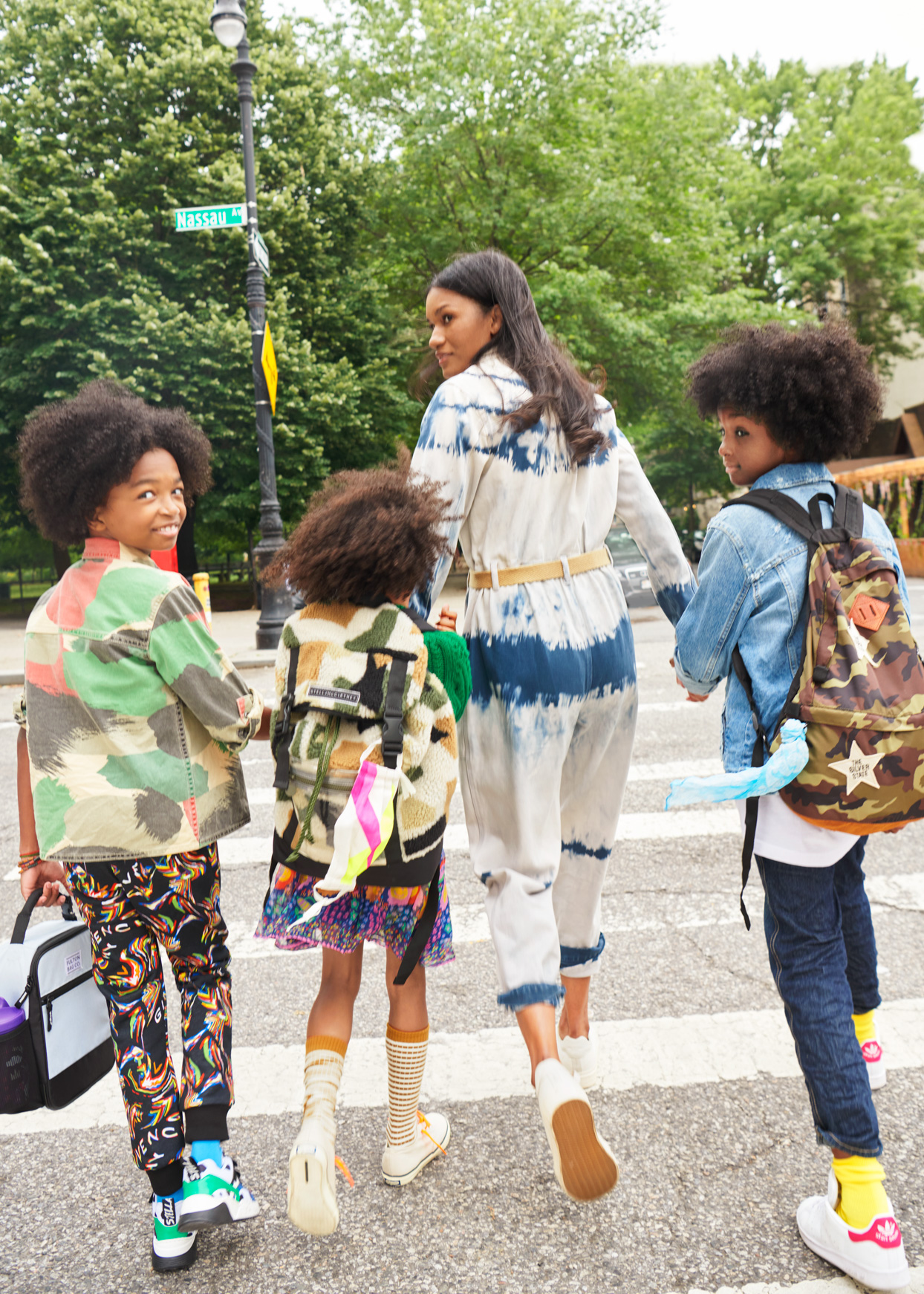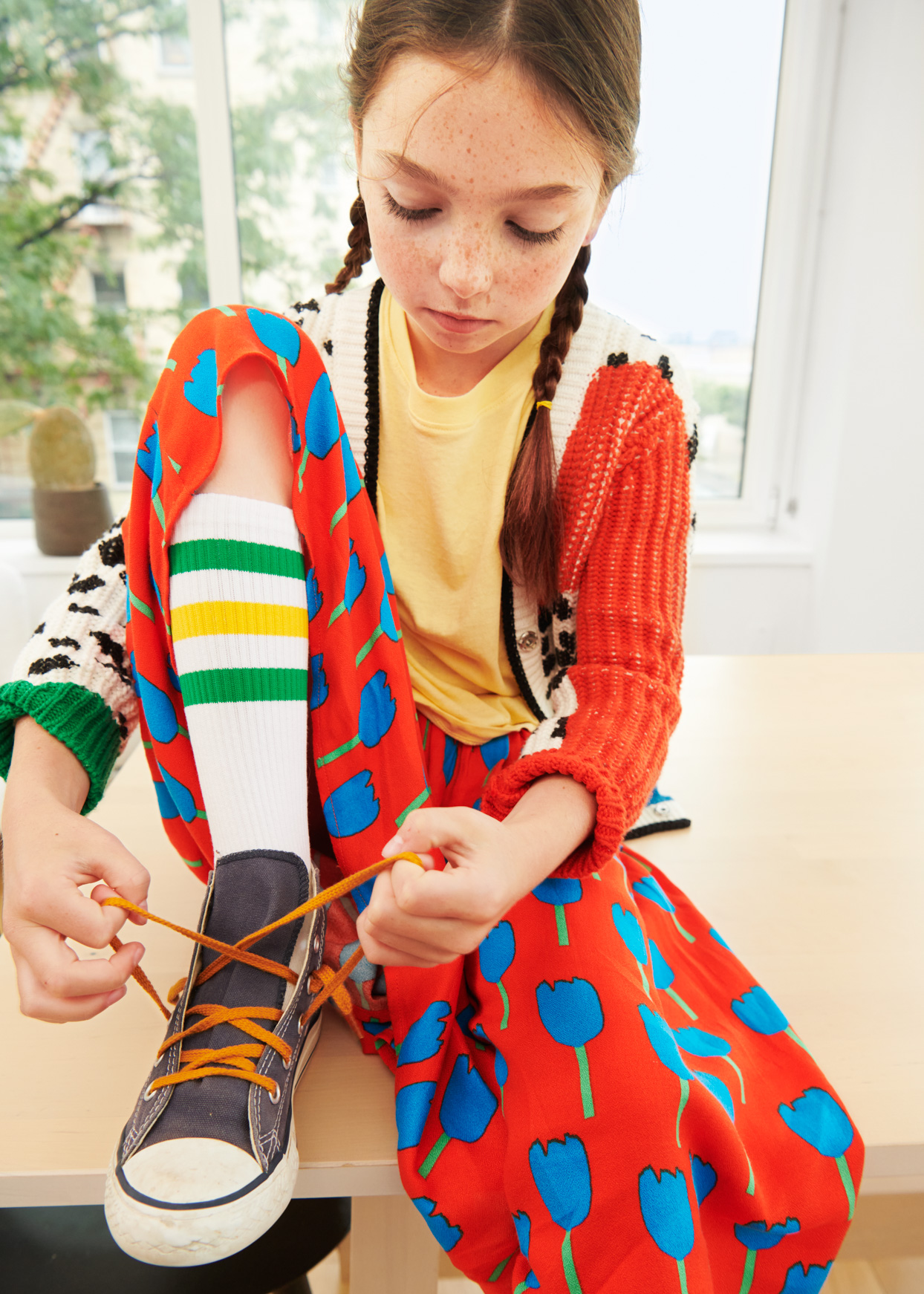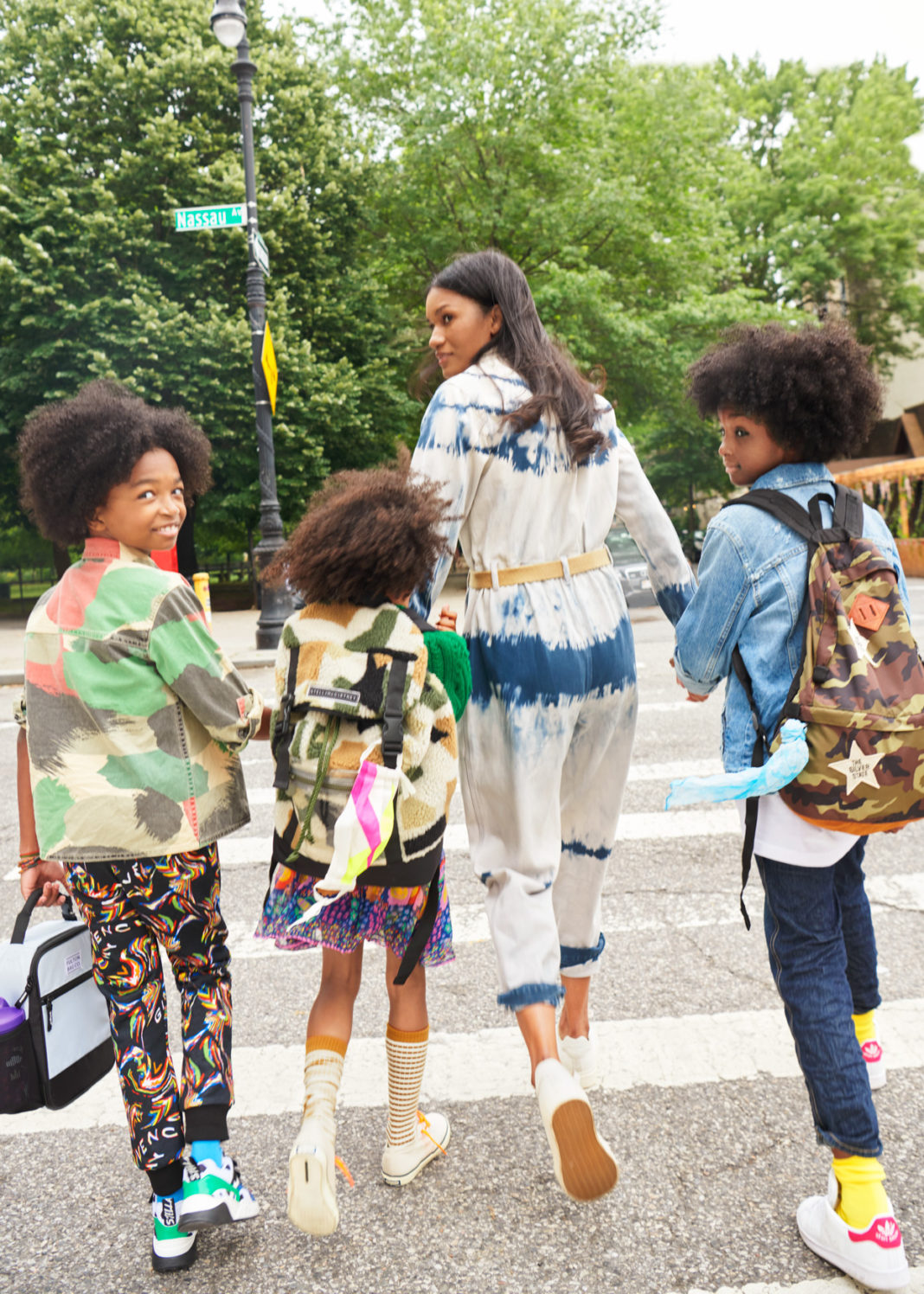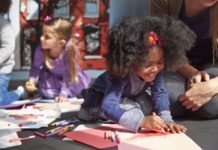
The teachers will take care of helping your kids learn to read and understand math. But it's your job to make sure they're on track with life skills, like opening their lunch box and washing their hands. Here's your guide to helping your child prepare for school.
Pre-K and K
It’s All New
Navigating the building
This year's preschoolers and kindergartners may never have been in a classroom before, and even a one-time orientation visit isn't always enough to make children comfortable, says Lauren Williams, an elementary-school teacher in Allentown, Pennsylvania. Be aware, too, that kids with disabilities may be more likely to struggle with change.
Prep them now: Your child's school probably has a website with pictures of staff and spaces like the classrooms, cafeteria, and gym. Click through it with your child, pointing out cool features (a fish tank in the library!) and your child's teachers (if you have that intel). Extra in-person visits will raise comfort levels as well; some school playgrounds are open during the summer, so see if a session on the swings is a possibility. If that's not an option, search "Preschool or Kindergarten Classroom Tours" on YouTube and watch videos together showing things like chalkboards and cubbies that are likely to be in your child's classroom. Special-education teachers recommend "headlining" what kids should expect at school but not bombarding them with a lot of info all at once.
Washing hands correctly
Pandemic-generation kids are pros at pumping sanitizer and soap, but chances are, they don't scrub their hands for at least 20 seconds—the minimum amount of time needed to degerm.
Prep them now: To help kids stay sink-side longer, teach them to wash their hands to the bop of "Old MacDonald Had a Farm" or another tune they know well, suggests Jennifer Rossi, a kindergarten teacher in Walden, New York. Paste the words into washyourlyrics.com, and it will generate a printable infographic (you can customize details like skin tone for the hands) that you post by your sink as a visual aid. Meanwhile, plug the benefits of handwashing by reading kids Germs Make Me Sick!, by Melvin Berger, and I Don't Want to Wash My Hands!, by Tony Ross.
Taking turns
This skill can be really hard for kids, especially those who don't have a sibling or haven't been in many group settings, says Allison McDonald, a pre-K teacher in Bainbridge Island, Washington. Don't expect perfection—just keep at it.
Prep them now: Teachers suggest starting with a toy, such as building blocks or a Potato Head, where turns can happen rapidly. Use phrases like "It's your turn now," "It's my turn now," and "It's your turn again" to reinforce the concept. Progress to card and board games, and then try the concept in the wild at a playground. If there's a line for the slide, remind your child about taking turns, and ask them who they think is up next. Practice pays off: According to a study in Psychological Science involving 96 preschoolers, most 5-year-olds (but not 3 1/2-year-olds) can spontaneously take turns.
Asking for help
Their yellow jacket has a tricky zipper, so you pull it up. Their lunch box on the counter may be too high for them to reach, so you grab it for them. Because we know what our kids need, they don't always get enough experience asking for help. But teachers can't always anticipate those needs, and kids should learn to self-advocate, Williams says.
Prep them now: Start waiting for your child to ask for a hand before jumping in and they'll grow accustomed to vocalizing their needs. Soon they won't feel uneasy about raising their hand when their glue stick is empty. Teachers also want kids to feel comfortable confiding things they might feel embarrassed about, like forgetting lunch or being sad when they were excluded from a game at recess, says Beth Zawadzki Smith, an elementary-school teacher in Lancaster, Pennsylvania.

Getting dressed
While kids should feel confident about asking for a hand, teachers won't always be able to tie every sneaker and button each coat. "There are many students and just a few helpers," says Lauren Mazariegos, a kindergarten teacher in Queen Creek, Arizona. For these tasks, kids need strong fine motor skills.
Prep them now: "Play, play, play," says Zawadzki Smith. "Blowing bubbles and writing with sidewalk chalk are other fun summer activities that boost these fine motor skills." Working with small LEGO bricks, Perler beads, and Play-Doh or making pictures with small stickers ramps up their abilities. Mazariegos also recommends having your child practice scissor skills using scrap paper. If your child is still having issues by the time school starts, consider work-arounds like Velcro sneakers or jackets that pull on over their head.
Grades 1 to 3
Working Together
Managing their space
Kids this age usually have their own designated areas, like cubbies and desks that they'll be expected to tidy up.
Prep them now: Give your child their own school workspace at home, including items like pencils, paper, and crayons, and have them practice keeping it neat, Rossi suggests. Outline the desk space with a place mat to show where they should keep their work contained, and use a zipper pouch for pencils, crayons, erasers, glue sticks, and scissors. Teach your child that items such as school folders and workbooks "live" in the color-coordinated bins that you provide.
Multitasking
Teachers expect early elementary-schoolers to manage directions with at least three steps: "Write two sentences about a vocabulary word. Draw a picture of it. When you're done, put it in the bin on my desk."
Prep them now: Bedtime is a perfect time to practice, Rossi says. Give your child three tasks at once: "Put on your pajamas, toss your dirty clothes in the hamper, and brush your teeth." Once they master that, add a few more steps one by one. Cooking with kids is another fun way to help kids foster this skill. Just be sure to break down the steps in a recipe's directions a little further for children: "Take out the flour, the measuring cup, and the bowl. Measure one cup of flour. Pour it into the bowl."
Partnering with others
Teachers start assigning group projects in early elementary school, so your child needs to use their teamwork muscles.
Prep them now: Plan family activities that require cooperation, like a scavenger hunt. Encourage kids during the process ("That was a great idea to look behind the curtain for the first clue!") so they'll do the same for their peers. "Remind kids that eye contact when talking to others is important, especially if masks cover facial expressions,"says Sharon Powers, an elementary-school counselor in Fairfax County, Virginia.
Tips for Grades 4 to 6
On the Move
Rotating classes
By middle school, most kids have to switch classrooms and teachers for each subject. In fourth and fifth grades, kids may switch for one or two subjects, like math and reading.
Prep them now: Create a mini visual schedule of the day that kids can tape somewhere, like to a planner or folder, and use as a silent visual reminder to cue when it's time to transition or pack up. Color-coding the schedule by subject (like using red for English and blue for math, for example), is another easy way to help your kid remember where to go next with just a glance.
Use a locker
Common troubles include opening a locker and remembering where it is, says Nita Creekmore, an elementary instructional coach and teacher in Atlanta, Georgia.
Prep them now: Buy a lock ahead of school so kids can practice opening one with a code. Have them write down their combination in more than one place, such as the inside cover of their planner and the notes app on their phone or tablet in case they forget it. Also suggest that they write down the locker number and nearby landmarks, like the water foundation or the art room. Once your child gets their schedule, help them plan the best times to stop at the locker.
Packing up efficiently
It's inevitable that your kid will leave something at school—a book they need, their flute, an umbrella—or on the kitchen table, nowhere to be found when they get to fifth period. The key is not to make a habit of it.
Prep them now: Give kids more responsibility for packing when they go on sleepovers, family trips, or to camp. It's also a good time to get them in the habit of carrying a bag or backpack when they go out so they're responsible for their own stuff. At school, encourage them to make a list of what they'll need to bring home, and add to it after every class. If your child has special needs, you might want to ask the teacher if it's possible to assign them a pack-up buddy to discreetly help them remember the correct materials to bring home.
This article originally appeared in Parents magazine's September issue as "Brush Up on the Basics." Want more from the magazine? Sign up for a monthly print subscription here
Parents magazine
































